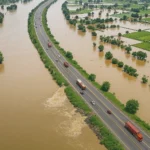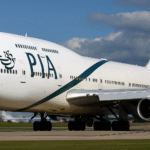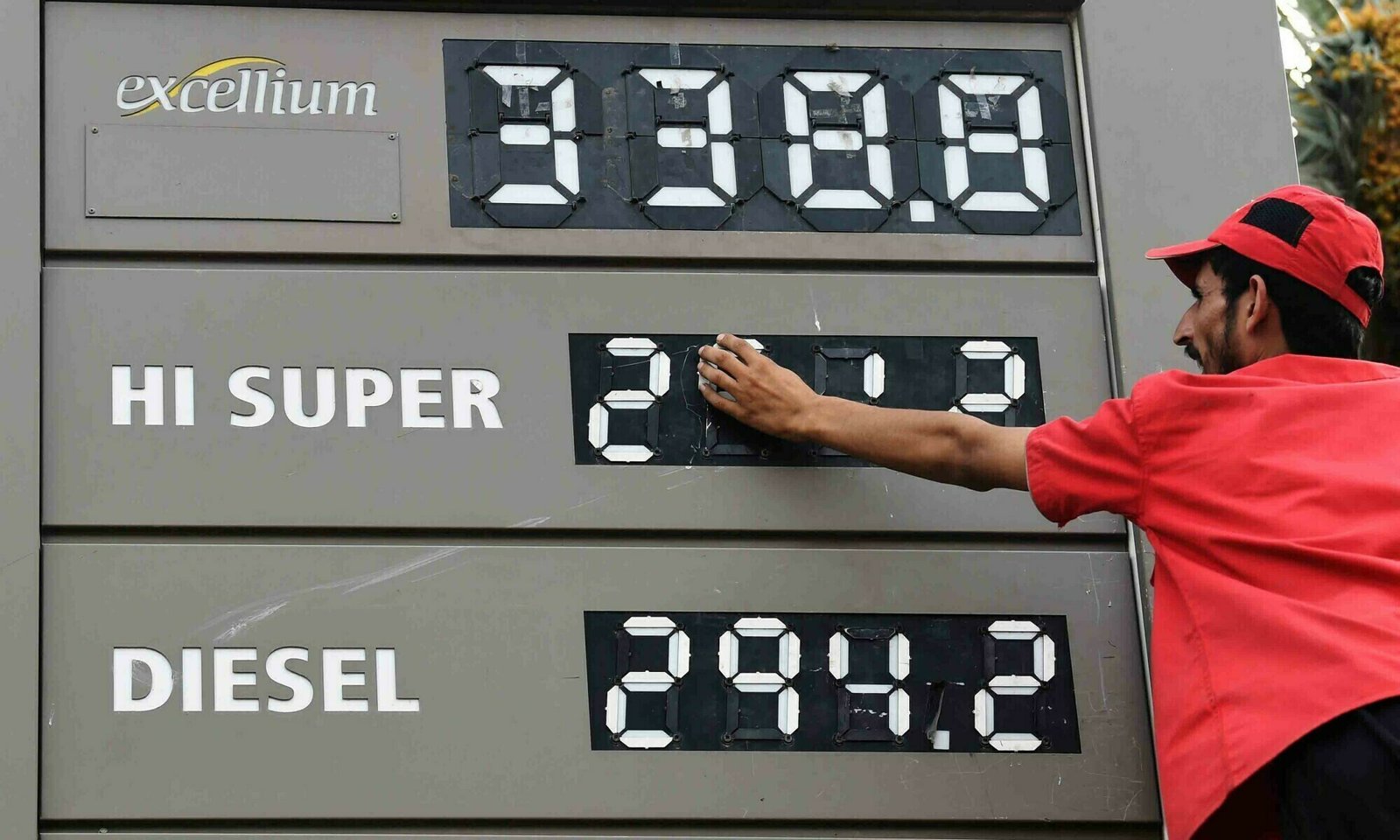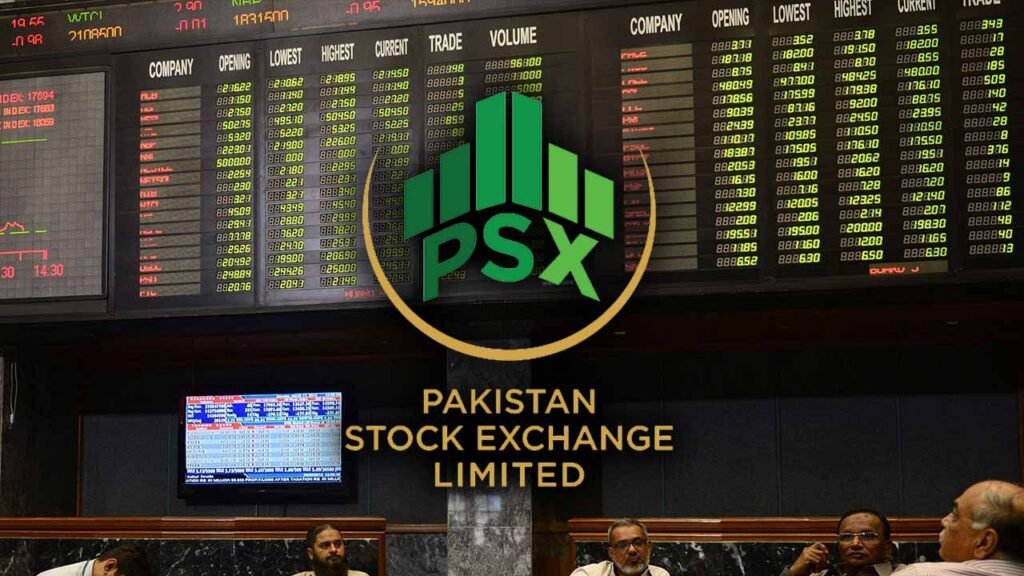Introduction
Pakistanis should brace themselves for yet another significant shock at the petrol pumps. According to recent reports, the government is set to announce a massive hike in petrol prices in the coming days. This news has caused concern across the nation as rising fuel prices have a direct impact on every household, every business, and every sector of the economy.
With global crude oil prices on the rise and the rupee continuing to struggle against the dollar, this price adjustment is anticipated to be one of the biggest in recent times. The official announcement is expected soon, and people across the country are hoping for some measure of relief.
Context and Background
To understand why this petrol price hike is significant, one needs to consider the recent trend. In the past year, petrol prices in Pakistan have been highly volatile due to a combination of international market dynamics and domestic economic constraints.
Six months ago, petrol was priced at approximately PKR 265 per liter. Since then, prices have risen sharply, crossing the PKR 290 mark, and reaching as high as PKR 305 in certain areas. According to official data from the Oil and Gas Regulatory Authority (OGRA), these fluctuations have largely been influenced by:
-
Global crude oil prices, which surged due to ongoing geopolitical tensions and supply constraints.
-
The devaluation of the Pakistani rupee against the US dollar.
-
Inflation and rising import costs.
With crude oil prices hovering around $85–90 per barrel globally, experts have warned that further increases are almost inevitable.
Details of the Expected Hike
Although OGRA has not yet announced the precise amount, credible sources within the organization have indicated that the price of petrol could rise by PKR 10–15 per liter. This would bring the cost of petrol closer to PKR 315–325 per liter, making it one of the highest price points in the nation’s history.
The official statement is anticipated to be announced within the next 48–72 hours, making this an urgent and pressing issue for every citizen relying on petrol for transportation or business.
Reasons for the Petrol Price Increase
Several factors are contributing to the expected hike:
1. Impact of Global Crude Oil Prices
The international price of crude oil has been rising sharply due to supply constraints caused by global events such as the Israel–Palestine conflict and restrictions on Russian oil. This has led to a tighter global oil market and higher prices across the globe.In June 2025, global crude oil prices are hovering between $80–$90 per barrel, up roughly 15–20% compared to early 2024. The Organization of the Petroleum Exporting Countries (OPEC+) has announced production constraints, making global oil prices more volatile.
2. Rupee Devaluation
Pakistan has witnessed a sharp depreciation of its currency over the past year, making imports costlier. Since the country imports a significant portion of its petroleum products, any shift in the rupee-dollar exchange rate has a direct and immediate effect on petrol pricing.
-
The Pakistani rupee has lost approximately 8–10% of its value against the US dollar in the last 12 months, making imports more expensive.
At the current rate of roughly PKR 290–300 per USD, every Rs. 1 devaluation can raise petroleum import costs by roughly Rs. 1–1.5 per liter.
3. Inflation and Import Costs
Importing petroleum products has become increasingly expensive due to rising global rates and higher shipping costs. Inflation within Pakistan has further compounded the issue, putting pressure on the government and making it challenging to maintain subsidies.
4. Government Fiscal Pressures
Pakistan has been grappling with dwindling foreign reserves and rising fiscal deficits. To adhere to International Monetary Fund (IMF) agreements, the government is required to pass the actual cost of petroleum products onto the consumer, making this price rise inevitable.In the fiscal year 2023–24, Pakistan spent roughly $15–16 billion importing petroleum products (crude oil and refined petroleum), making up about 25–30% of its total import bill.
Impact on the Public and Economy
Pakistan’s daily petrol consumption is estimated at roughly 250,000–300,000 barrels per day. Even a Rs. 10–15 hike can lead to a multi-billion-rupee shift in fuel-related expenses across the country. The anticipated petrol price hike will have a multi-layered effect across society:
1. Impact on Daily Commuters
Higher petrol prices directly affect daily commuters, especially those relying on motorcycles, cars, and public transport. The cost of going to work, school, or the market will rise sharply. Could rise by roughly 5–8% due to increased petrol prices, impacting bus fares, taxi charges, and goods transportation.
2. Increased Cost of Goods
Rising petrol prices inevitably drive up the cost of transporting goods across the country. This affects everyday commodities like food, clothing, and other essentials, making them more expensive for the average Pakistani.
3. Inflation Concerns
With petrol being a critical input for transportation and manufacturing, its rising cost can lead to across-the-board price increases. Inflation, already hovering in the double digits, is expected to intensify as a result.According to the Pakistan Bureau of Statistics (PBS), every Rs. 1 rise in petrol price potentially increases the overall Consumer Price Index (CPI) by approximately 0.03–0.04%.
So, a Rs. 10–15 hike may contribute roughly 0.3–0.6% to the headline inflation rate.
4. Impact on Industries
Sectors such as agriculture, transportation, manufacturing, and small businesses will bear the brunt of rising fuel costs. This can hamper productivity, reduce margins, and ultimately affect the livelihood of countless workers. Energy and manufacturing sectors relying on petrol and diesel may experience a 3–5% rise in production costs.
Government Response and Measures
The Pakistani government has acknowledged the gravity of the situation. In recent statements, authorities have assured the public that every effort will be made to mitigate the shock of rising fuel prices.
The OGRA is expected to justify the price adjustment by referring to international market dynamics and the conditions set forth by the International Monetary Fund (IMF). Meanwhile, the government is reportedly exploring potential relief measures such as targeted subsidies for low- and middle-income groups.
Reaction from Stakeholders
The public has expressed widespread concern and frustration over the rising cost of living. Civil society organizations, trade unions, and transport unions have announced meetings to consider potential protests or strikes.
Business owners and industrialists have warned that rising petrol prices will hurt economic activity, raise the cost of doing business, and ultimately reduce the country’s competitive edge. Political parties have also weighed in, with the opposition calling for immediate relief measures and transparency in price adjustments.
Advice for Consumers
With petrol prices rising, it is critical for households and businesses alike to adopt cost-saving measures:
-
Optimize Travel: Plan trips more efficiently, carpool where possible, and consider using public transportation.
-
Maintain Vehicles: Regularly service vehicles for better fuel efficiency.
-
Explore Alternative Transport: Switch to motorcycles, bicycles, or electric alternatives where feasible.
-
Plan Expenses: Budget carefully for transportation costs and adjust other expenses accordingly.
-
Stay Informed: Monitor official announcements from the government and OGRA for the latest pricing information.
Conclusion
The anticipated hike in petrol prices is a challenging but unavoidable reality for Pakistan in the current global economic climate. As the nation grapples with rising import costs, currency devaluation, and pressure from international creditors, both the government and its people must navigate this crisis with resilience and strategic planning.
While this adjustment will have far-reaching impacts across sectors, it also provides an opportunity for long-term reforms. Investing in energy efficiency, promoting alternative transportation, and ensuring fiscal discipline can pave the way for a more stable and resilient economic future.











